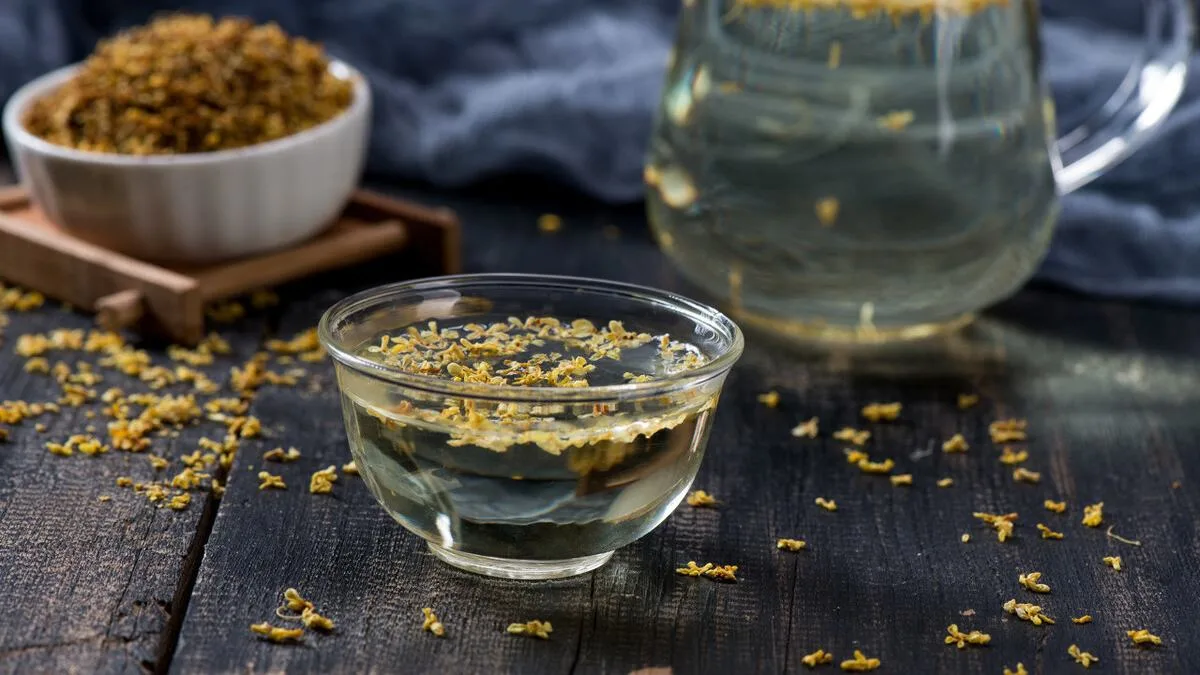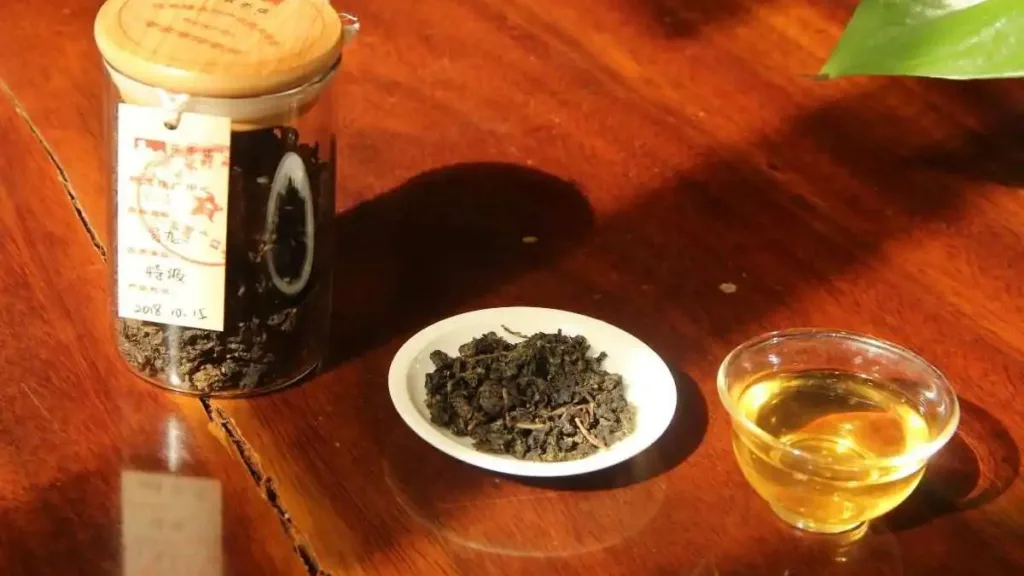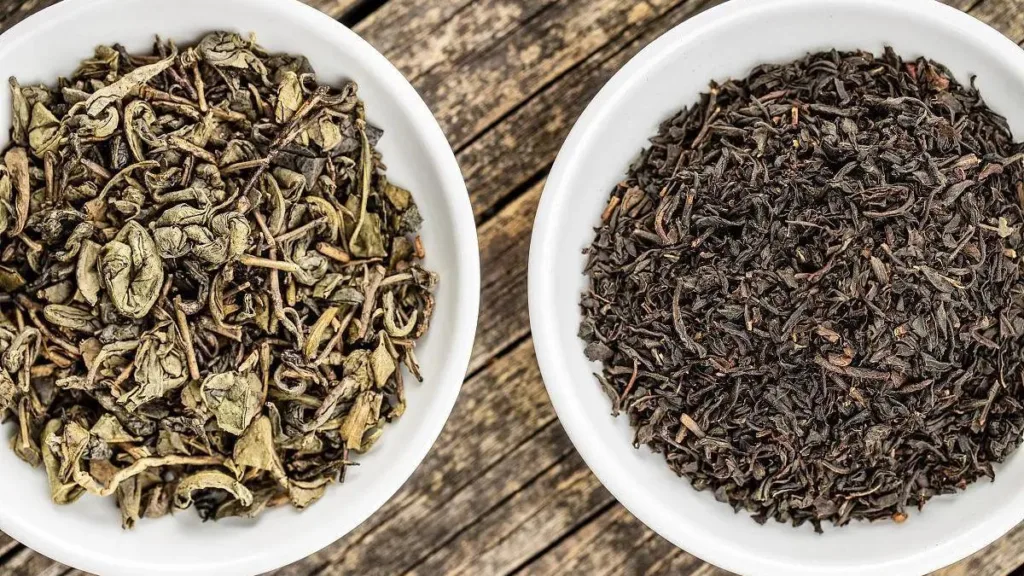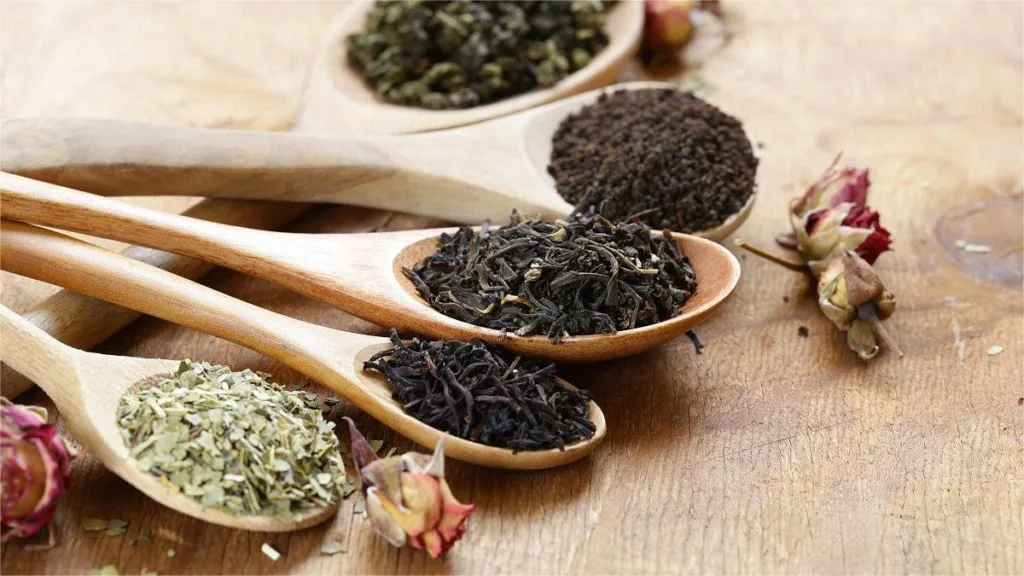Digestive ailments are prevalent in daily life, often requiring lengthy treatment processes. In addition to conventional medications, incorporating complementary methods, such as consuming teas, can contribute significantly to gastrointestinal well-being. Let’s unveil the top 10 stomach-soothing teas that not only foster digestion but also promote overall health.
1. Barley Tea: Renowned for its stomach-nourishing properties, barley tea is rich in vitamins, offering excellent protection to the gastric mucosa without causing irritation. Its ability to regulate the digestive system makes it a recommended choice for individuals with stomach concerns.
2. Osmanthus Flower Tea: Possessing valuable medicinal properties, osmanthus flower tea provides warmth to the stomach, alleviating symptoms like chronic loss of appetite and abdominal pain. A simple preparation involving steeping 3g of osmanthus flowers in hot water makes for a soothing beverage.
3. Red Date Tea: Particularly beneficial for women, red date tea’s blood-nourishing qualities and stomach-friendly attributes make it an ideal choice. The infusion not only protects the stomach but also offers a delicious and nutritious experience.
4. Black Buckwheat Tea: Boasting high nutritional value, black buckwheat tea aids in addressing various gastrointestinal issues, especially those caused by prolonged poor dietary habits. Its benefits extend beyond digestion to overall stomach health.
5. Clove Tea: Clove tea, rich in compounds like eugenol and clove oil, stimulates gastric juice secretion, promoting digestion. Consuming a cup after meals can alleviate discomfort and contribute to gastric well-being.
6. Black Tea: Fermented and roasted, black tea undergoes a process that reduces its tannin content, making it gentle on the stomach. Regular consumption, especially with added sugar and milk, not only protects the gastric lining but also offers anti-inflammatory benefits.
7. Pu-erh Tea: With a mild flavor, pu-erh tea, when consumed at an appropriate concentration, does not irritate the stomach. Its richness forms a protective layer on the stomach’s surface, making it an excellent choice for long-term gastric care.
8. Four Gentlemen Tea: Combining ginsenosides, sugars, amino acids, and vitamins, this tea regulates the central nervous, cardiovascular, and endocrine systems. It aids in digestion, particularly beneficial for those with spleen and stomach deficiencies.
9. Osmanthus and Jasmine Tea: Osmanthus flowers, known in traditional Chinese medicine for their warm nature, blended with jasmine tea, contribute to dispelling coldness and relieving stomach pain. This infusion is effective against various conditions like poor appetite and abdominal discomfort.
10. Jasmine Flower Tea: Renowned for its ability to soothe the mind and alleviate stress, jasmine flower tea also plays a role in promoting digestion and dispelling dampness. Regular consumption offers a delightful way to nurture the stomach.
Conclusion:
Incorporating these stomach-soothing teas into your routine not only aids in digestive health but also contributes to overall well-being. Embracing the therapeutic benefits of natural remedies provides a gentle and enjoyable path to stomach care. However, individuals with specific health conditions should consult healthcare professionals before introducing significant changes to their diet or lifestyle.



